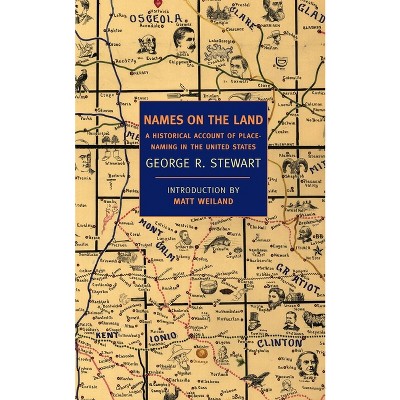About this item
Highlights
- Sanjar Rohām, an Iranian-American, was an in-demand successful business consultant in Los Angeles before the 2008 crash of the U.S. economy compelled him to rethink his career choices after discovering an advertisement for a translator fluent in Pashto and willing to serve as an interpreter with the U.S. Marines.
- Author(s): Sanjar Roham
- 288 Pages
- Biography + Autobiography, Military
Description
About the Book
Following the 2008 economic crash, Iranian-American Sanjar Rohām, a once in-demand business consultant in Los Angeles, answers an employment ad seeking translators fluent in Pashto and willing to support the U.S. Marines in Afghanistan.
Book Synopsis
Sanjar Rohām, an Iranian-American, was an in-demand successful business consultant in Los Angeles before the 2008 crash of the U.S. economy compelled him to rethink his career choices after discovering an advertisement for a translator fluent in Pashto and willing to serve as an interpreter with the U.S. Marines. By October 2010, he was on the frontlines of Operation Enduring Freedom in the Taliban stronghold of Helmand Province in Afghanistan. Fighting suspicions from Marines because of his Persian ethnicity, as well as from Afghan interpreters, Rohām attempts to prove himself by volunteering for every mission the command will allow, experiencing mortar attacks, IED detonations, losses of friends, and the additional dangers of being a foreigner in a land that promises harm to outsiders.
Review Quotes
In his absorbing memoir, Rohām, an Iranian immigrant to the US, details his time spent as a "terp" (interpreter) with the US military in Afghanistan during 2010 and 2011. Propelled by a sense of purposelessness, Rohām learns Pashto and is posted to Camp Leatherneck. Working with a squad of Marines, Rohām's sincerity and willingness to volunteer overcome the Americans' initial suspicions and earn their trust and appreciation while he witnesses horrors and visits regions "synonymous with death." His popularity with the servicemen causes tension with Ziar, another terp who hates him for his country of origin. Unfortunately, disaster strikes, and Rohām must not only cope with its aftermath but also clear the cloud of suspicion over his name, fueled by Ziar. The unforgiving terrain, studded with mines and IEDs, and ever-present danger is brought to life through Rohām's language, which transports the reader to the battlefront. Alongside his experiences in Afghanistan, Rohām weaves in scenes from his childhood spent in Iran, along with portraits of his strong mother, Mini, who immigrated to the US a year before the Islamic Revolution. Insights into the history and culture of the Afghan people pepper the narrative, while the scenecraft is compelling. Rohām's pained, precise narration illuminates the utterly chaotic and brutal nature of war, the bravery and large-heartedness of the Marines, the helplessness of much of the local populace, and the relentlessness and ingenuity of the Taliban war machine. The account stirs admiration for the bravery of the men and women of the military who have put their lives on the line, ready to obey the commands of their political bosses, whose justification for the long, drawn-out war sounds hollow when weighed against the sacrifices of the personnel. An engrossing read. (An Editor's Pick by BookLife/Publishers Weekly)
Land of Tears brings an important new perspective from one who straddles the war zone worlds of us and them with the bridge of language. With insight, humor, heart-wrenching detail, and compassion for those on all sides, Rohām captures just how critical-and precarious-that bridge can be. It's a story of war and all the surrounding darkness but also an unexpected
awakening to the possibilities of life.
LAUREN KAY JOHNSON, author of The Fine Art of Camouflage
Sanjar Rohām's Land of Tears, inspired by his experience in Afghanistan as an interpreter, reminds us of the blood, sweat, and tears shed in a war many already want to forget. But those of us sent there can't forget, and we can't let those who sent us forget. Rohām has made a valuable contribution to the canon of war literature.
TOM YOUNG, author of The Mullah's Storm, Sand and Fire, and others
Land of Tears comes as much from the head and the heart as it does from months of boredom, moments of terror, and observations of beauty in the midst of chaos. Sanjar Rohām speaks from personal experience and makes the particular universal and the mundane profound. More than an important book, it is a necessary story.
TRAVIS KLEMPAN, author of Hills Hide Mountains and Have Snakes, Need Birds
Land of Tears is a gritty, make-you-squirm reflection on the sorrow, horror, and guilt that the American experience in Afghanistan inflicted on Sanjar Rohām, who traded a life in Los Angeles for a deployment as an interpreter in Helmand Province. But this memoir lifts us up with its steady stream of inspirational moments. Rohām's candor about the challenges he faced and his humility about the commitment he upheld makes him feel like an old, respected friend.
JOHN LAWSON III, author of Kurtz












